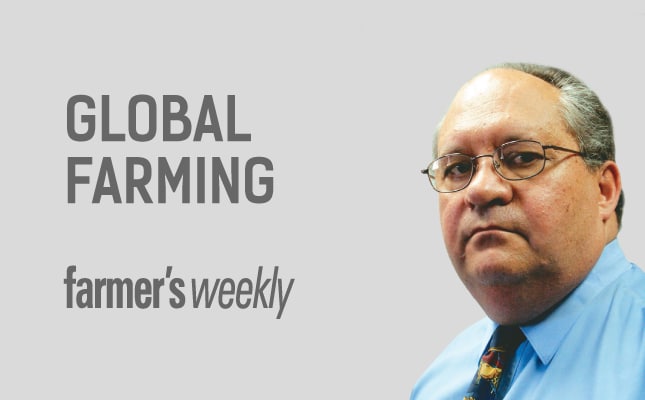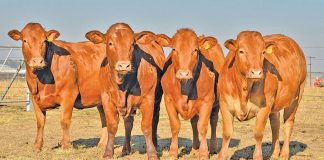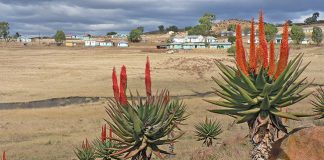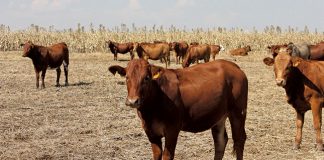
As I’ve noted before, we are seeing an increase in the promotion of imitation meat and dairy products.
In December 2018, a Swedish group alleged that the world would have to switch to a largely plant-based diet to save the planet.
READ New Zealand schools to teach pupils to avoid dairy and meat
This was widely and uncritically reported in the press. International opposition to the report from eminent scientists and organisations such as the World Health Organization was largely ignored.
More recently, the Intergovernmental Panel on Climate Change (IPCC) published a report on the current status of climate change and the possible effects of higher temperatures.
International and local journalists used this report to again promote a non-animal diet, although the report endorsed livestock production.
At the 2019 International Dairy Federation Summit in Istanbul, delegates were warned about the growing importance of the imitation dairy products market. The plant-based food movement has reached policy-level prominence with influential health and government groups.
Little environmental benefit
Various studies have shown that eating a plant-based diet will not contribute to environmental sustainability.
The competition between feed for animals and food for humans concerns only those proteins of plant origin consumable by humans but used as animal feed. It does not include the inedible parts of plants.
READ Plant-based movement opportunity for fresh produce industry
Furthermore, greenhouse gas emissions can be mitigated by good crop and livestock management, livestock selection for low methane production, and precision livestock farming. Ruminants can also use marginal land not suited to crop production to produce edible protein.
Manufacturing processed foods for human consumption results in various by-products.
These are largely used as feed for ruminants. If we move to non-livestock production systems, these by-products will end up in landfill sites.
South Africa has another constraint: approximately 85% of the country’s agricultural land is suitable only for livestock production.
According to Prof James Blignaut, an ecological and environmental resource economist, herbivores can be regarded as ‘soil engineers’ as they contribute to soil fertility and stimulate plant growth with their grazing action.
This echoes the statement by the IPCC that livestock production contributes significantly to carbon sequestration.
‘Real’ food vs ‘fake’ food
A natural food is a complex combination of interacting elements. The discussion should change from single nutrients to whole foods and how these interact.
The difference between the matrix in whole foods and plant-based alternatives should be emphasised.
READ Fake meat: coming to a supermarket near you
The Belgian government recently published a report that emphasises the difference between real and imitation dairy products. They recommend that people eat whole foods, as these are more than the sum of their ingredients.
Artificial, factory-produced foods also ignore the important cultural links between food customs and people. Food customs are important aspects of the cultural heritage of different countries.
This, fortunately, is one factor that will help prevent the shift towards an international, plant-based diet.
The principal beneficiaries of the industrialisation of food production are the major global food-producing companies. Food-processing companies have already shifted consumers’ perception of healthy foods.
Ask shoppers in a supermarket where to find the health foods and many will direct you to an aisle with bottles full of artificial products, whereas the real health food is in the meat, dairy, fruit, and vegetable aisles.
Organised agriculture needs to ensure that the consumer is fully informed about the difference between real food and fake food.
Dr Koos Coetzee is an independent agricultural economist.











